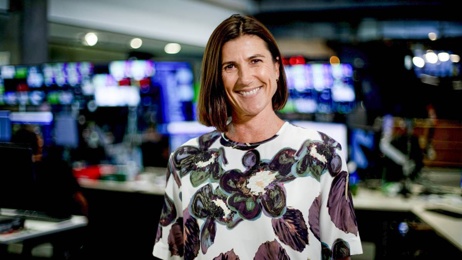Over summer I listened to a fantastic podcast series about New Zealand’s-so called Black Sheep.
It was about the characters in our history who are a little controversial or a little misunderstood.
The likes of Minnie Dean, the woman from Southland who murdered babies. Horatio Robley, the man who controversially collected preserved Māori heads but then as a result of it actually helped save the art of Māori facial tattoos.
Edward Wakefield, who essentially founded modern Wellington, was both a child abductor and the guy who devised the blueprint for how to colonise a country.
Anyway, I listened to it thinking I knew a reasonable amount about New Zealand history. I’ve done the basics. I’ve read Michael King’s book. And yet I knew very little about these stories I was hearing, which is basically to say, I knew very much less about New Zealand’s history than I thought.
And for that reason, I think it’s long overdue that we’re finally going to start teaching history in schools.
I take Paul Goldsmith’s criticism when he says he’s worried that the draft curriculum is too focused on identity politics. And I’m sure there will be plenty of people who’ll be worried that it might end up too sympathetic to one interpretation of history over another; perhaps favour one group’s telling over another’s.
Fair enough. That is a risk. It’s tempting to look at the broad topics – one of which is colonisation and its consequences – and perhaps worry that the curriculum has predetermined who the villains and who the victims are.
But the fact is the telling of history is always just one interpretation over another. No one version will ever satisfy everyone. And I’ve just accepted this and decided I would prefer something – as flawed as it may end up being – over nothing.
Because I don’t believe that we can’t properly interpret the things we’re grappling with as a country until we really understand where the issues stem from. Why are Ngāpuhi holding up the treaty settlements process? Why are Māori leaders calling for separate control of baby uplifts? Why does Don Brash argue Māori seats should go?
Hopefully, if we give our kids a good understanding of where these arguments come from, we’ll have a better quality of debate.
Which, quite frankly, would be a vast improvement on what we seem to have right now - which is a tendency to shut people down and label them as either racists or radicals.
Take your Radio, Podcasts and Music with you









